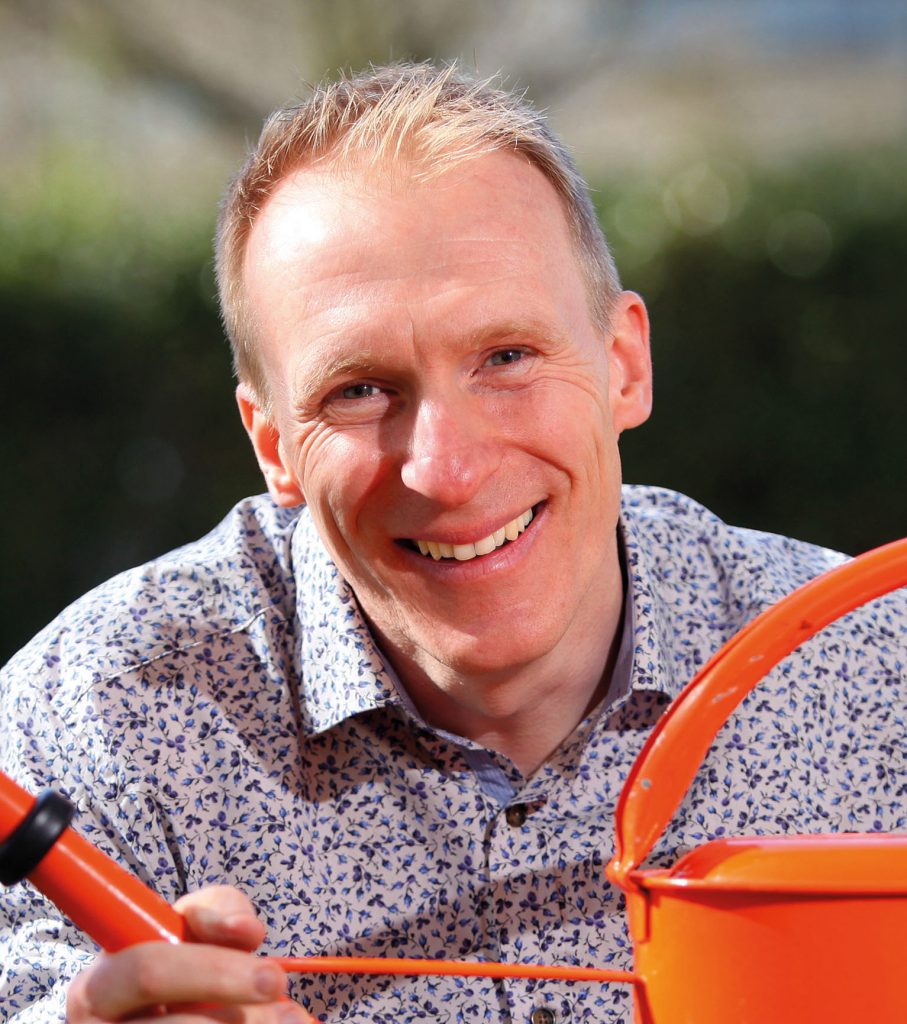
For too long the availability and value of water has been taken for granted.
Southern Water has been at the forefront of tackling this mindset and we’re taking bold action to help reduce the amount of water we all use – but we’re not doing it alone.
We’re working with partners across the south east – and actively engaging with government – to create a water-saving culture that will help everyone to save water, energy and money.
Why we need to save water
Year after year, our region – and country – is becoming drier, while populations continues to grow.
Despite the UK having a reputation for being a rainy country, some parts are drier than southern Europe, with these conditions predicted only to get worse.
The south east has been designated as an area of water stress, meaning demand for water is a high percentage of the amount available.
The result is that if we are to keep our economy growing and protect our environment, we all need to manage, protect and conserve this precious resource.
The situation is different across the country, with other areas experiencing water stress, while some have a surplus.
Companies are working together to share resources and prepare for the future, so water-saving should not be limited just to areas where water is scarce.
Water efficiency should be a national conversation, with a national ambition and national standards.
What we’re doing
We have a huge role to play in making sure there’s enough water for us now and in the future.
This includes investing in our networks of pipes, pumps and reservoirs, getting better at finding and fixing leaks and helping our customers to use less.
While some are reluctant to put their name to bold targets – we’re not! Through our Target 100 programme, we’re committed to helping our customers reduce their personal use to 100 litres per day by 2040.
This is an ambitious target but around half of our customers are already there – they just don’t know it yet.
Part of Target 100 is making people more aware of the water they use by getting in touch more often and giving customers the ability to track their use in real-time.
Combining this with tailored incentives and a programme of free “water efficiency” house visits will give customers the tools they need to save water, energy and money.
It’s not right to ask our customers to do more without committing to extra effort ourselves.
We’re committed to cutting leakage by 15 per cent by 2025 and by 50 per cent by 2040. This year an additional £6.4 million is being spent on leakage over the annual spend of £16 million.
Working collaboratively
This mission requires a truly national response and we are doing our part to lead by example. We’re working with local authorities, wildlife groups, community organisations and businesses of all sizes to change how we all use, value and save water.
Through our work supporting the Greater Brighton Economic Board, we’re working with local authorities from Worthing to Lewes and Brighton to Crawley – and a whole host of other organisations – to help achieve sustainable, clean growth for the region.
This includes co-ordinating the development of a regional water plan, looking holistically at the area’s water needs and identifying what ambitious innovative action is needed to help make us more resilient to drier weather.
We’ve also been working with Brighton and Hove City Council, the University of Sussex and the Consumer Council for Water to understand the positive impact water efficiency can have on household affordability.
Initial findings have shown that tailored water efficiency advice alongside information about financial support has had a significant positive impact on individuals and families.
Beyond Greater Brighton, we’re also working closely with local wildlife and rivers trusts on new ways of working to protect and improve our environment and get water efficiency messages to as many people as possible.
This includes helping young people connect with their local environment and understand the impact their water use can have on it.
What government can do
“Save water, energy and money” was the tagline for our universal metering programme from 2010 because, simply, it’s true.
A report by the Green Alliance found ambitious water efficiency could save households almost £80 a year on water and energy bills.
The government can help to improve links between water and energy efficiency. We believe all new homes should be built to ambitious water, as well as energy, efficiency standards.
Ideally, when we think about efficient homes, we should mean water and energy – and never one without the other.
All energy using products have a label on them telling people how efficient – or not – they are. So why don’t water-using products have a similar label?
Work by the Energy Saving Trust found that a mandatory label on water using products, linked to new building standards, offered a cost-effective way of reducing personal use over 10 years.
We know government is considering this and we are ensuring that it is actively considering this step forward in leadership and has the information needed to make the bold decisions we so desperately need.
We set out our asks for government – and the commitments we’ve made and want the rest of the sector to follow – in Target 100: Act Today, Save Tomorrow.
We all need to play our part. We’re taking the lead with Target 100 and collaborating with others across our region.
Government needs to take bold action too, to create a water-saving culture and secure a resilient water future for the Greater Brighton area, for the south east and for the UK.
Ben Earl is the water efficiency manager at Southern Water.









